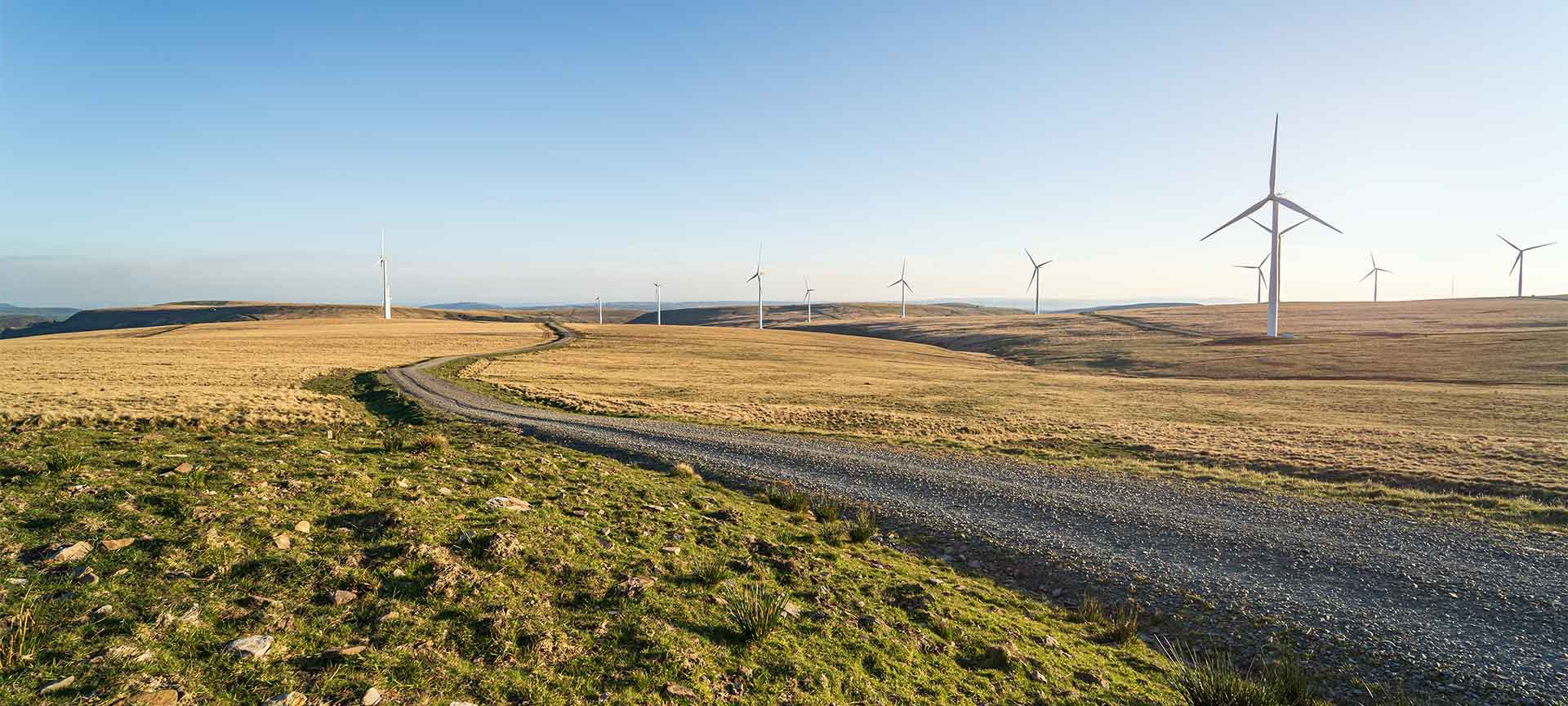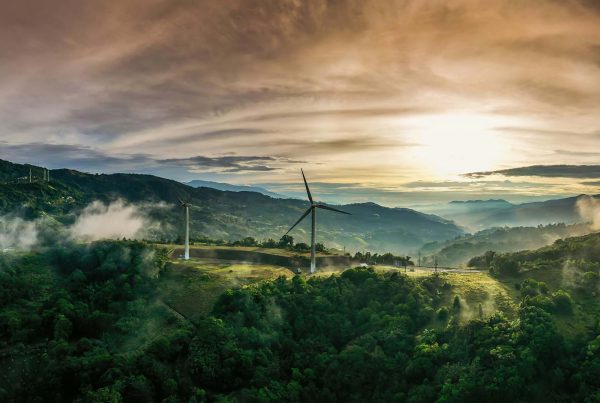As trends and opportunities evolve in the conservation space, so do the complexities and considerations faced by leaders. Through partnerships with our clients, and the roles that we have filled and supported over the years, we have gained valuable insights into this sector and wish to share our reflections.
Firstly, we acknowledge that there is a need to understand the characteristics of a conservation programme which include:
- Unusual long-term focus – conservation may require decades to show success.
- The work requires a mix of scientific activities and practical intervention – thus, multidisciplinary teams are common, with a mix of expert and non-specialist workers.
- Leaders must be flexible to address changing needs and threats and to adapt working methods while maintaining scientific and professional rigor.
- Context-specific tasks require knowledge and expertise that often needs adjusting.
- Multi-partner collaboration is often required between donor organizations and host-countries.
Leaders are expected to have, or along the way have developed scientific/technical expertise in conservation management, and an understanding of external influencers such as climate change, consumer, market and financial trends, technology advancement, and political debates, as well as having day-to-day skills in project management, team building and partnership management. In short, a combination of technical skills and leadership qualities.
These key skills are necessary to maintain an effective conservation programme and help it achieve short-term goals, while maintaining a broader long-term vision.
However, while many roles benefit from being well-rounded, others tend to lean more towards one side or the other. For example:
- The weight of technical expertise tends to be heavier on jobs that relate to programme design, monitoring or evaluation e.g. Programme Directors. The ability to scientifically judge the success of the programme or setting up achievable targets is crucial for this position.
- Leadership or managerial qualities, signified by the number of experiences, are mostly necessary for supporting roles such Director of Partnership and Donor Relation, however, background education or past experiences in climate/conservation spaces will be a benefit since s/he will understand the context-specific issues.
In addition to the nexus of skills, there is a history within conservation that cannot be ignored or side-lined. The colonial past which still has a prominent presence and lingering consequences within the global efforts being undertaken, must be openly acknowledged and challenged. We are seeing a desire for more diversified leadership and local knowledge at the centre of the stage. There is work that organisations need to do, and are already undertaking to dig out the deep roots of injustice and to right longstanding power imbalances. In summary, for long term sustainable conservation work, diversity and inclusion considerations are key.
There is also an increasing interest within organisations for cross-sectoral experience and the skills to bridge and connect efforts within the environment sector. Being able to bring together the work of NGOs and the private and public sector, and enabling dialogue across the languages spoken in different regions, leads to a more unified and impactful approach.





